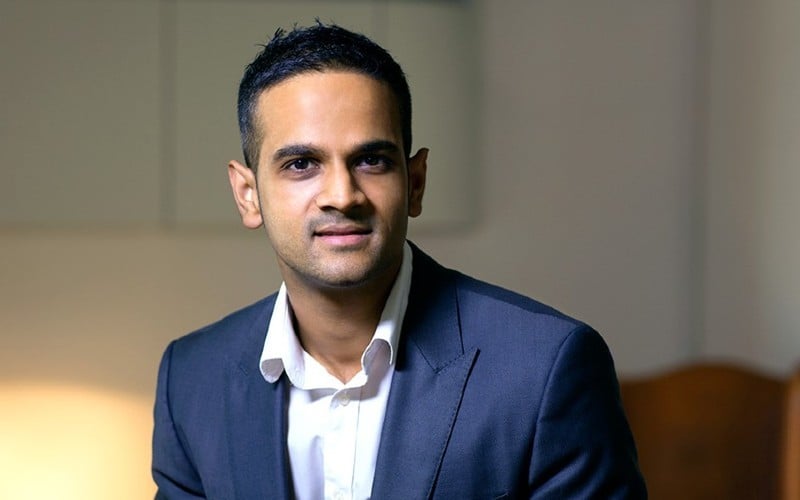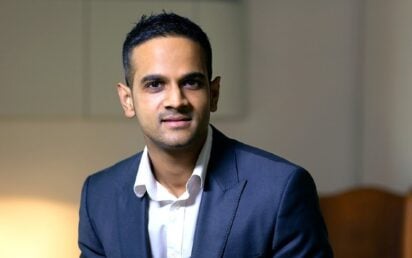The life of a startup entrepreneur can feel like a never-ending quest to raise funding.
Already time-poor, founders can find themselves pitching to an endless stream of would-be funders to gain another 12-18 months of runway.
“Start the conversation earlier than you need!” advises Rajeeb Dey MBE, founder and CEO of Learnerbly. “Don’t go out to the market cold just when you are raising money.
“Investors like to follow your narrative and to follow your progress. It doesn’t have to take long – just a 15-minute check-in [from time to time].”
Learnerbly, which featured on our sister publication BusinessCloud’s EdTech 50 innovation ranking, is an online marketplace for workplace learning and development which empowers employees to determine their own progress.
Given a budget to spend, they can learn what and how they like – whether that be through physical books, listening to podcasts, watching videos, finding a coach or attending an event.
EdTech 50 – UK’s most innovative education technology creators for 2022
Today, Learnerbly is used by thousands of employees in 100+ organisations across more than 50 countries. A $10m Series A round led by transatlantic VC Beringea late last year will support the international expansion of the business, with a particular focus on the US.
US expansion
Dey had already built contacts across the Atlantic in preparation for expansion there.
“For me, the context was more to do with the US: I knew that expansion there was on the cards, but I recognised that I was going to the US market cold. It just takes longer to develop those kind of relationships,” he tells TechBlast.
“Even during our Series A raise, I started developing the contacts that I would need for my Series B. As a founder, one of the constant things is that you’re always raising – which is a sad fact of life – and although our Series A is now finished, I have a good list of people to talk to for our next round.”
Next stage of growth
Learnerbly partners with 250 providers including Blinkist, Masterclass, Pluralsight and General Assembly. It says this provides its clients – such as WeTransfer, Curve, Busuu, Hellofresh, King and GoCardless – with a platform that upskills, unlocks potential and inspires a culture of growth in tech-focused businesses.
“Pre-Series A, it’s about getting product-market fit, being clear about who you’re going after and what’s the proposition,” says Dey. “We recognised that scaleups and mid-market was where to focus in the short-to-medium term, and that this curated marketplace was our differentiating factor.
“We were then in a position to raise our Series A. Up until this point, you do things that don’t scale – you kind of prove the model. Now it’s about building out the team and particularly investing in product engineering so that we have dedicated teams looking at all the different aspects of our business.
“It’s quite a complex proposition because you’ve got the employees and their own needs; the buyers and HR, they have their needs; and also the suppliers. So really, we need three separate teams to look at each of those users, and the things that they need. That makes it challenging, but also an exciting problem to address.”
I was sacked for asking to WFH. Are companies really more flexible today?
Enternships & Queen’s Award
Dey founded Learnerbly in London in 2017 after previous success in scaling Enternships – a portal connecting students and graduates with work placements in startups and fast-growth businesses – which led to his recognition as the youngest recipient of the Queen’s Award for Enterprise Promotion in 2013.
Also the co-founder of StartUp Britain, a national entrepreneurship campaign launched by then Prime Minister David Cameron in 2011, he was appointed a Member of the British Empire for Services to Entrepreneurship in 2016.
He says: “[Not controlling everything] is a difficult transition for any founder to make. And it’s something I’m constantly trying to get better at myself.
“I was in Vancouver for a week – and it was fine! The business didn’t fall over! But it can be really tempting to always check in; I haven’t cracked switching off at all.
“The scaling process means making sure there’s no dependency on you – that’s really important.”


